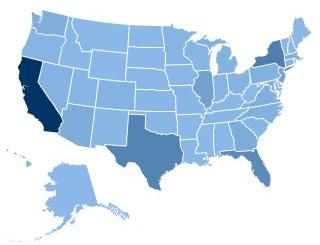Published on Fri, May 13, 2011
Will the Peach State now become the Prison State?
When Gov. Nathan Deal signed his state’s punitive HB 87 immigration law at noon today, Georgia took Arizona’s place on the nation’s fast track to penal profiteering from immigration crackdowns.
So much for colonial Georgia founder James Oglethorpe’s legacy, who railed against the British prisons, and launched the Great Seal of Georgia in 1733 with the motto: “Not for ourselves, but for others.”
Georgia’s new motto: “Not less than three nor more than 15 years.”
All civil rights violations aside, Georgia’s Arizona copycat “show me your papers” law not only grants widely denounced authority for unprecedented police investigations, but also calls for unabashed long-term prison sentences for numerous violations.
For starters, read this section of HB 87:
SECTION 5.
Said article of said title is further amended by revising Code Section 16-9-126, relating to penalties for violations, as follows: “16-9-126.
(a) A violation of this article, other than a violation of Code Section 16-9-121.1 or 16-9-122, shall be punishable by imprisonment for not less than one nor more than ten years or a fine not to exceed $100,000.00, or both. Any person who commits such a violation for the second or any subsequent offense shall be punished by imprisonment for not less than three nor more than 15 years, a fine not to exceed $250,000.00, or both.
(a.1) A violation of Code Section 16-9-121.1 shall be punishable by imprisonment for not less than one nor more than 15 years, a fine not to exceed $250,000.00, or both, and such sentence shall run consecutively to any other sentence which the person has received.Read more...
Published in the AlterNet



